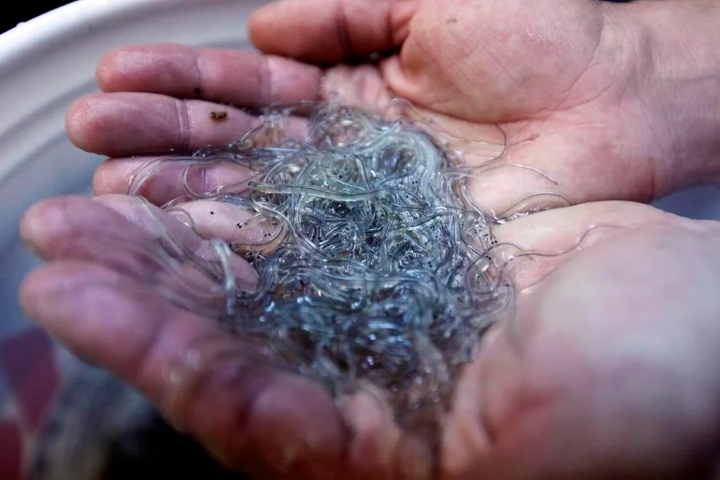
THE CANADIAN PRESS/AP/Robert F. Bukaty
Two Mi'kmaq fishermen from Nova Scotia have found themselves at the center of controversy after being detained by federal fisheries officers near Shelburne, Nova Scotia, for fishing elvers, also known as baby eels. The incident has reignited debate over the elver fishery and Indigenous treaty rights in Canada.
The elver fishery, which involves the harvesting of juvenile eels, is known for its profitability due to high demand in Asian markets. However, tensions have arisen due to concerns over overfishing and sustainability, leading to strict regulations governing the industry.
The federal government closed the elver fishery on March 11, following reports of violence and intimidation during the previous year's fishing season in Nova Scotia and New Brunswick. Despite the closure, many Mi'kmaq individuals assert their treaty right to fish for elvers.
Prime Minister Justin Trudeau has expressed concern over the reported mistreatment of the Mi'kmaq fishermen, promising a thorough investigation by the government.
Fisheries Minister Diane Lebouthillier has announced her intention to meet with Mi'kmaq leaders to discuss the arrests of the two fishermen. However, she was unavailable for further comment.
Elvers, also known as glass eels, are small and translucent, weighing only a few grams and measuring less than 10 centimeters in length. They are typically flown to Asia, where they are raised to maturity and sold for food, particularly in Japanese cuisine.
The value of elvers is substantial, with prices reaching up to $5,000 per kilogram, making them more valuable by weight than lobsters, scallops, or salmon. This high value has contributed to the profitability of the elver fishery in Canada.
Elvers are harvested from coastal rivers in Nova Scotia, New Brunswick, and Maine during the spring as they return from their ocean spawning grounds. Harvesting methods are relatively simple, often involving the use of buckets and nets.
The federal government has implemented measures to regulate the elver fishery, including issuing licenses and quotas to commercial fishermen. However, concerns remain over illegal poaching, with some commercial fishers alleging that black market buyers encourage such activities.
Despite the government's efforts to manage the fishery, tensions persist within the industry. Commercial fishermen argue that previous closures of the fishery have led to increased poaching, jeopardizing the sustainability of eel populations.
Indigenous groups, including the Mi'kmaq, assert their treaty rights to fish for elvers, citing a Supreme Court decision affirming their right to make a moderate living from hunting, gathering, and fishing. The closure of the elver fishery has been met with frustration from Indigenous leaders, who argue that it will result in financial losses for authorized Mi'kmaq fishers.
The ongoing dispute highlights broader issues surrounding Indigenous rights and resource management in Canada. While the government seeks to balance conservation efforts with economic interests, tensions between commercial and Indigenous fishers underscore the complexity of these issues.















